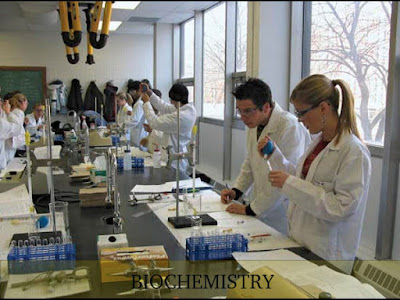What is Microbiology ?
Microbiology, the study of microorganisms derives its name from three greek words - mikros (small), bios (life) and logos (study). This means that microbiology deals with the study of microorganisms. What are microorganisms? Organisms which are so tiny and invisible to the naked eye constitute micro organisms (microbes). If any object is smaller than 0.l mm, the human eye can not perceive it and even at a size of 1.0 mm very little details of an object can be seen with the naked eye. Hence we can say that study of organisms with a size of 1 mm or less comes under the preview of microbiology. Microorganisms can be looked into and studies only with the help of microscope.
Scientists opine that microbes originated on our planet about three or four billion years ago from complex organic materials present in ocean waters or possibly in vast cloud banks. As the first forms of life they are regarded as ancestral to all forms of life on earth.
Medical Microbiology Careers: Job Options and Requirements
Medical microbiology is studied at the post-secondary level and focuses on organisms that cause diseases. Continue reading for an overview of the programs, as well as career and salary info for some career options for graduates.
Essential Information
Medical microbiology is a field of scientific study that includes looking at bacteria, viruses and parasites in connection with disease and illness. Degrees can be obtained at the bachelor's, master's, doctoral and post-doctorate levels, leading to a variety of career paths. Medical microbiology is the perfect field for those interested in biology and working to better understand disease and illness.
| Career | Microbiologist | Medical and Clinical Laboratory Technologist | Postsecondary Biological Studies Teacher |
| Required Education | Bachelor's degree, usually in microbiology | Bachelor's degree | Ph.D. is usually required |
| Projected Job Growth (2012-2022)* | 7% | 14% | 19% |
| Median Salary (2014)* | $67,790 | $59,430 | $74,580 |
Source: *U.S. Bureau of Labor Statistics
 |
| Microbiologist inoculating bacteria in culture plates Photo credit: |


